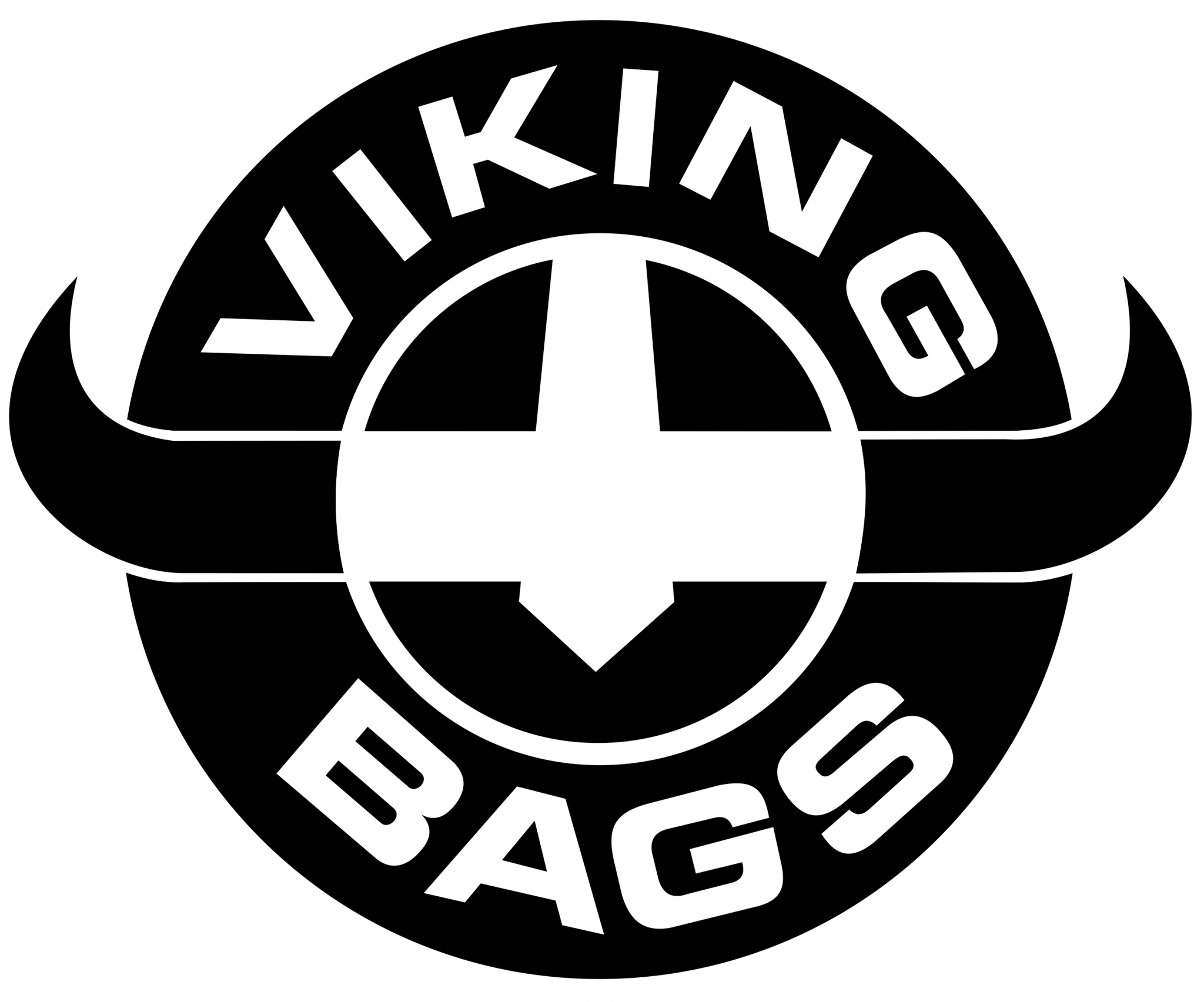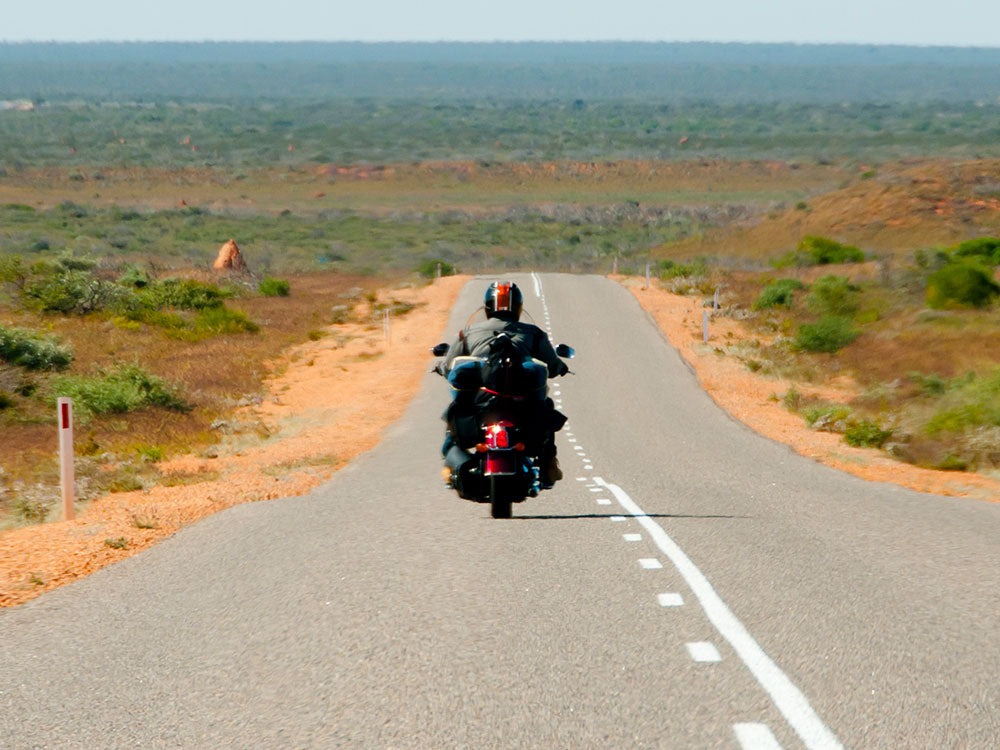Table of Content
Due to the adverse effects petrol have on the environment, automobile engineers are working to use hydrogen as a fuel source to prevent ozone depletion and global warming. Currently, the best alternative to petrol and diesel-powered motorcycles are electric motorcycles. However, electric motorcycles have been unsuccessful so far in replacing petrol-powered motorcycles in the market.
Hydrogen-powered motorcycles that are currently not in production. However, there are several motorcycle manufacturers that have started developing prototype hydrogen-powered motorcycles and committed to mass-producing these motorcycles in the coming decades.
Also Read: HARLEY’S NEW ELECTRIC BIKE, THE LIVEWIRE
1. Are Hydrogen-Powered Motorcycles a Reality?
1.1 Hydrogen-Powered Kawasaki Concept Sports Bike

The hydrogen-powered Kawasaki concept bike is based on the Kawasaki Ninja H2. This concept bike resembles a sports-touring bike except there is no room for hard saddlebags to carry belongings. Instead, it carries hydrogen fuel canisters for instant refueling. Most motorcycle manufacturers are focused on producing electric motorcycles to reduce carbon emissions in the future. Kawasaki is set to launch its battery-operated electric vehicles in 2023 as part of its carbon reduction program. However, the Kawasaki hydrogen-fueled concept bike is in the initial phase and is expected to release after 2030.
Kawasaki Hydrogen-Powered Engine

Kawasaki has designed a hydrogen-powered engine based on the Kawasaki Ninja H2’s supercharged engine for research and development. The engine will use compressed hydrogen gas to deliver power to the rear wheel.
1.2 Segway Apex H2 – A Hydrogen-Powered and Electric Hybrid Sports Bike

Segway was an American company that started by introducing a two-wheeled self-balancing electric-powered scooter known as a Personal Transporter (PT). Later, the company was bought by a Chinese company, Ninebot, which was famous for designing innovative transportation devices. Segway also started working on producing a hydrogen-powered hybrid motorcycle known as the Segway Apex H2.
The Segway Apex H2 was a concept motorcycle, with the first prototype being developed in 2020. It was not only a hydrogen-powered motorcycle but also contained a hydrogen fuel cell as a power source. The Segway Apex H2’s specs have not been revealed yet. However, as mentioned on Segway’s website, this motorbike may be able to produce an estimated power of 60 KW, attain an estimated maximum speed of 150 km/h, and accelerate from 0-100 km/h in less than 4 secs. The Segway Apex H2 is expected to consume 1 gram of hydrogen fuel per kilometer. For now, this motorcycle has a low price tag of 69,999 CNY ($9,897), but its price is expected to increase by the time it launches.
1.3 The Big Four Partnership for Hydrogen-Fueled Motorcycle Project
The four biggest Japanese motorcycle manufacturers, Kawasaki, Suzuki, Yamaha, and Honda, have recently decided to work together to develop hydrogen-fueled motorcycles. The research group is called Hydrogen Small Mobility and Engine Technology (HySE). HySE plans to expand the utility of hydrogen fuel in vehicles and modes of transportation. The group will focus on overcoming the major challenges of developing hydrogen-fueled motorcycles. Each company will focus on individuals' roles in their current research.
The Individual Roles
| Individual Roles of the Four Companies in the Hydrogen-Fueled Motorcycle Project | |
|---|---|
| Manufacturer | Roles |
| Yamaha | Work on practical aspects of hydrogen-fueled engines and test their reliability, performance, and functionality. Work on the infrastructure of hydrogen fuel stations and find a resolution to store the hydrogen fuel in motorcycles. |
| Honda | Conduct the model-based research and simulation of the hydrogen-powered engines to assess their real-time working. |
| Kawasaki | Work on practical aspects of hydrogen-fueled engines and test their reliability, performance, and functionality. Work on developing the fuel and injection systems and the rest of the equipment for a steady operation. |
| Suzuki | Study the consistency, performance, and functionality of hydrogen-fueled engines. |
Challenges
Despite there being great developments made toward a zero carbon emission policy, it may still take a decade or two for hydrogen-fueled motorcycles to become a reality due to the lack of infrastructure for hydrogen-fuel stations.
Another notable challenge in this field is keeping the cost of hydrogen-fueled motorcycles low to ensure better accessibility. Hydrogen gas will also require a bigger container than a petrol fuel tank to store the amount of fuel required to cover the same number of miles.
Using liquid hydrogen is not feasible as it requires an extremely low temperature below -252.87°C to convert hydrogen from a gas into a liquid. This problem can be partly solved by installing extra storage containers to carry hydrogen fuel canisters.
Despite the countless challenges, the partnership between the biggest Japanese motorcycle companies sponsors a hydrogen-fueled motorcycle development project shows their desire to make motorcycles running on clean energy a reality.
2. Why are Electric Motorcycles Not Ideal for Replacing Petrol-Fueled Motorcycles?
Despite having futuristic designs and powerful performance, electric motorcycles are still not suited to replace petrol-powered motorcycles. Nowadays, most riders use motorcycles for touring and long-distance adventure rides. Even modern electric motorcycles do not provide an adequate range for motorcycle touring. They have a recharging time ranging between 2-4 hours. However, if you are riding at high speed, the battery gets drained quickly, resulting in more recharging.
Also Read: TOP 10 FASTEST MOTORCYCLES IN THE WORLD 2022
3. What are the Advantages of Hydrogen-Fueled Motorcycles?
- Cheaper to operate as hydrogen costs less than other fuels
- Produces fewer vibrations and operates quietly
- Improves engine lifespan
- Good for the environment due to low carbon emissions
- Reliable
- Requires less maintenance
- Leaves no residue
- Does no damage to the engine
4. What are the Disadvantages of Hydrogen-Fueled Motorcycles?
- Hydrogen is highly combustible
- Can create safety hazards
- Can cause cracking in metal pipes
- Difficult to contain due to having smaller molecules
- Poor electrolysis efficiency
- Lots of energy is required to separate hydrogen and oxygen
Also Read: 10 BEST UPCOMING MOTORCYCLES IN 2023
5. Final Words
Hydrogen-powered motorcycles might become mainstream in the future. However, there are currently several challenges that must be overcome in development. Several concept bikes and their prototypes have been in development for the past two to three years, including the Segway Apex H2 and Kawasaki hydrogen-powered sports bike. A joint research group has also been formed by the top four Japanese manufacturers, Honda, Kawasaki, Yamaha, and Suzuki, who are working on developing a hydrogen-fueled engine. However, It may take at least a decade for these giant motorcycle manufacturers to finish developing hydrogen-powered motorcycles. Currently, there is a high demand for cruisers and touring bikes since most motorcyclists love to go on tours and adventure rides. You can also transform your motorcycle into an ideal touring bike by installing saddlebags, trunk bags, sissy bars, crash bars, backrests, and fairings available at Viking Bags.












Leave a comment
All comments are moderated before being published.
This site is protected by hCaptcha and the hCaptcha Privacy Policy and Terms of Service apply.